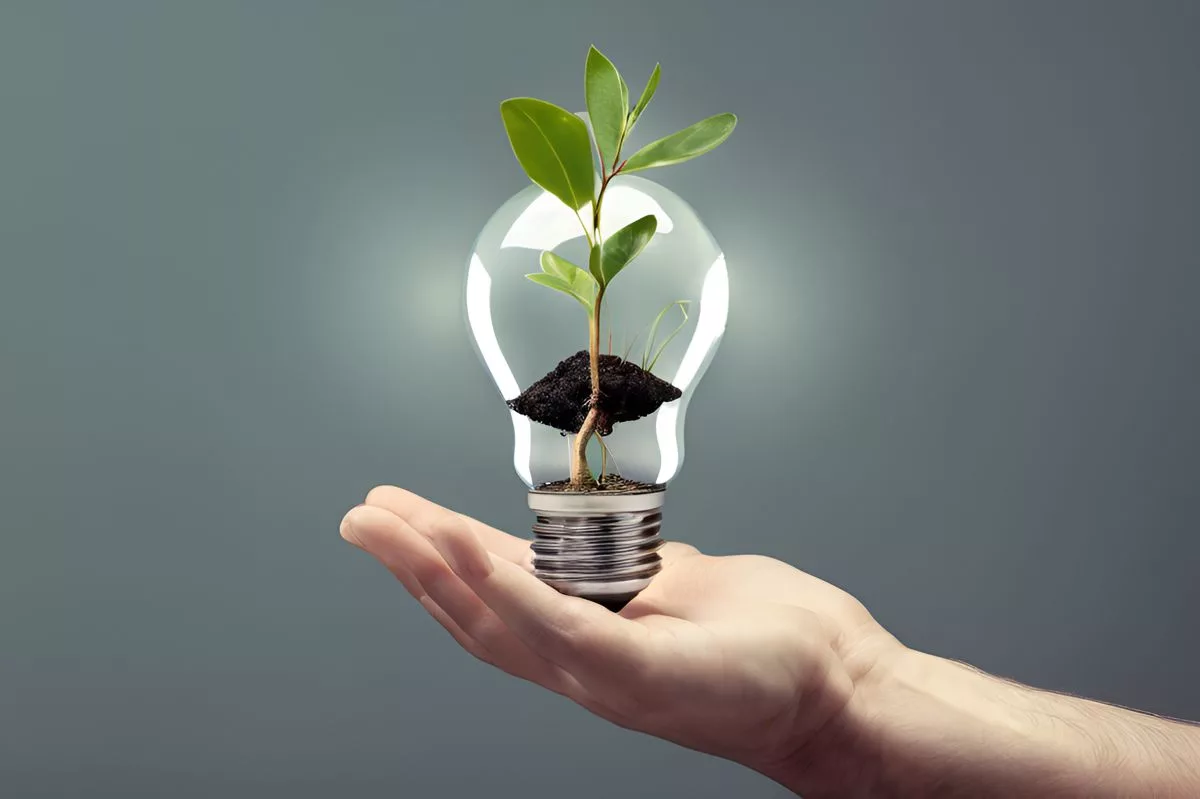South Africa has launched the National Free Basic Electricity initiative, which provides eligible households with free electricity vouchers up to a limit of 50-60 kWh per month. Local municipalities will reimburse Eskom, the principal electricity provider in South Africa, for the cost of the initiative. The program aims to reduce the financial burden of basic municipal services for indigent households, promoting energy inclusivity and equity in South Africa. This initiative is a significant breakthrough for South Africa’s energy landscape, offering essential energy to those in need and paving the way for other countries to tackle similar challenges.
What is the National Free Basic Electricity initiative?
The National Free Basic Electricity (NFBE) initiative is a program launched in South Africa to provide eligible households with free electricity vouchers each month, up to a limit of 50-60 kWh. The program aims to lessen the financial burden of basic municipal services for indigent households, with the reimbursement cost being taken on by local municipalities. The initiative is a significant step towards energy inclusivity and equity in South Africa.
An Exciting Breakthrough
South Africa’s energy landscape has embarked on a revolutionary journey with the launch of the National Free Basic Electricity (NFBE) initiative. The much-anticipated program starts its operations on 1st July 2024, following the successful endorsement from the National Energy Regulator of South Africa (NERSA) in May of the same year. This significant decision signals a fresh period in South Africa’s chronicle of energy.
The NFBE establishes a critical juncture where local municipalities take on the task of reimbursing Eskom, the principal electricity provider in South Africa, for the free electricity given to eligible recipients. The agreeable rate for this initiative was set at 194.40 c/kWh, a decision finalized in the NERSA meeting on 30 May 2024.
Targeting the Indigent
Data obtained from Stats SA unveils an alarming statistic; 22 percent of households in South Africa find themselves incapable of affording basic municipal services. These essential services include electricity, water, and waste removal. The aim of the NFBE is to lessen the financial strain of these households when obtaining necessary energy services.
The operation of this initiative is simple and efficient. Residents interested in this scheme must contact their local municipality to verify their eligibility for indigent benefits. Once confirmed as eligible, their names are enlisted as beneficiaries and subsequently passed to Eskom for processing.
In particular, beneficiaries of the South African Social Security Agency grants are urged to consider applying for this financial assistance. Once approved as eligible, their names are entered into the NFBE database, enabling them to receive free electricity vouchers from Eskom each month.
Providing Essential Energy
Looking at the magnitude of this initiative, the maximum NFBE allowance fluctuates between 50 and 60 kWh per household per month. It’s important to clarify, however, that beneficiaries will be charged for any usage beyond this limit. Also, to maintain equitable distribution, there’s a limit of one voucher per meter each month.
The significance of this modest energy package is enormous. As NERSA explained during the launch, “This amount of energy is enough to provide basic lighting, media access, and water heating. The use of a kettle, iron, as well as basic lighting.”
The financial foundation of this initiative is facilitated by the National Treasury, which aids indigent households through equitable share allocation. Residents who believe they may qualify for the National Free Basic Electricity are encouraged to connect with their local municipal office.
A New Dawn in Energy Equality
In a broader perspective, the NFBE initiative is an applaudable step towards energy inclusivity, affirming the South African government’s dedication to cultivating an equitable society. The implementation of this scheme will undeniably be instrumental in closing the energy gap, illuminating households, and brightening the future of many South Africans. This initiative also bears testimony to the potency of innovative policymaking in tackling socioeconomic issues, serving as a model for other countries dealing with parallel challenges.
Who is eligible for the National Free Basic Electricity initiative?
Households in South Africa that are classified as indigent and cannot afford basic municipal services, including electricity, are eligible for the National Free Basic Electricity initiative. Beneficiaries of the South African Social Security Agency grants are urged to consider applying for this financial assistance.
How much free electricity can eligible households receive each month?
Eligible households can receive free electricity vouchers each month, up to a limit of 50-60 kWh per month. Beneficiaries will be charged for any usage beyond this limit, and there is a limit of one voucher per meter each month.
Who will reimburse Eskom for the cost of the National Free Basic Electricity initiative?
Local municipalities will reimburse Eskom, the principal electricity provider in South Africa, for the cost of the National Free Basic Electricity initiative. The agreeable rate for this initiative was set at 194.40 c/kWh.
What is the aim of the National Free Basic Electricity initiative?
The aim of the National Free Basic Electricity initiative is to reduce the financial burden of basic municipal services for indigent households, promoting energy inclusivity and equity in South Africa.
When does the National Free Basic Electricity initiative start operating?
The National Free Basic Electricity initiative starts its operations on 1st July 2024, following the successful endorsement from the National Energy Regulator of South Africa (NERSA) in May of the same year.
What is the significance of the National Free Basic Electricity initiative for South Africa’s energy landscape?
The National Free Basic Electricity initiative is a significant breakthrough for South Africa’s energy landscape, offering essential energy to those in need and paving the way for other countries to tackle similar challenges. It is also an applaudable step towards energy inclusivity, affirming the South African government’s dedication to cultivating an equitable society.












